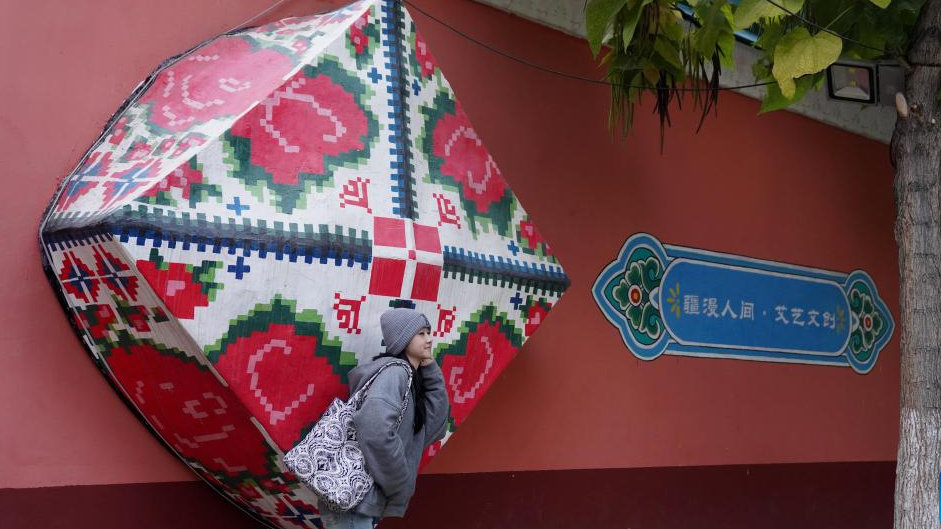Interview: EU's protectionist tariffs on Chinese EVs bad decision, says business leader
GENEVA, Oct. 8 (Xinhua) -- The European Union's (EU) recent move to impose punitive tariffs on Chinese battery electric vehicles (EVs) is a bad decision with negative implications, former executive director of the Greater Geneva Berne Area's Economic Development Agency said in an interview with Xinhua on Monday.
Philippe Monnier noted that these tariffs could lead to a trade conflict, which could not only hurt European consumers' purchasing power but also ultimately weaken Europe's electric vehicle industry.
"If you don't have competition, you tend to become weaker," the expert said. "We have many examples in the world where countries create very big tariffs, and in 10 years, the local industry became very weak," he added.
Numerous EU member states and leading industrial companies have protested the punitive tariffs on Chinese EVs exported to the EU market, which they argue hurt fair competition and the EU's green transition.
Monnier argued that the EU's anti-subsidy investigation into Chinese imports, which led to the European Commission's decision to impose punitive tariffs on Oct. 4, was unreasonable as state subsidies in key industries are common practice worldwide. "This sort of state help happens in every country. It happened in Europe as well, and it happened in the USA," he said.
Both the EU and the United States have significantly increased their subsidies for clean energy in recent years, including grants and loans for EV makers.
According to Monnier, the EU's decision is driven more by politics than economic sense. "If it is a decision taken by the EU commission, I would say most of the decisions are political, sometimes they take into account the economic element, but not very often," he noted.
China has advocated for a diplomatic resolution to the disputes, which German Finance Minister Christian Linder previously likened to a "trade war." Consultations between the EU and China are ongoing.
In light of the draft ruling, Monnier suggested that negotiations between the two economic blocs represented a better approach.
The expert also pointed out the challenges in front of European automakers in transitioning from traditional vehicles to electric vehicles, particularly concerning battery technology.
"One of the key elements that the traditional car company does not master is the battery, and the battery is very important," he said, adding that the Chinese companies are leading in terms of batteries.
Photos
Related Stories
- Interview: EU should seek cooperation, not tariffs, on Chinese EVs, expert says
- EU push for tariffs on Chinese EVs criticized
- Interview: German official voices opposition to EU's punitive tariffs on Chinese EVs
- Chinese, European EV professionals call for cooperation, oppose trade protectionism
- Chinese e-vehicle brand BYD enters Kenyan market
Copyright © 2024 People's Daily Online. All Rights Reserved.









